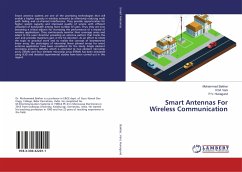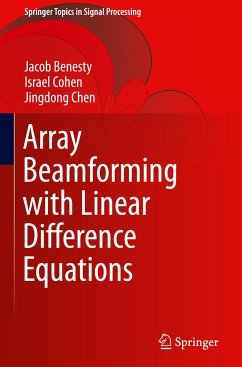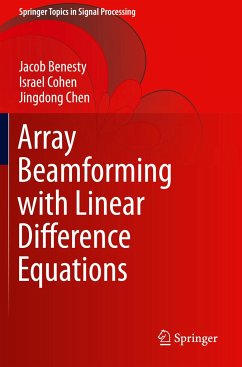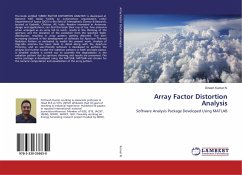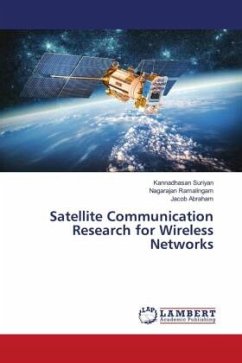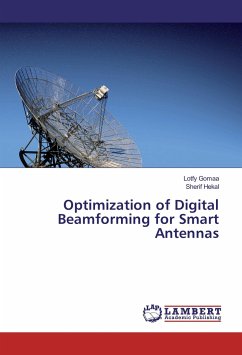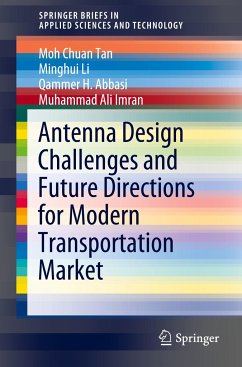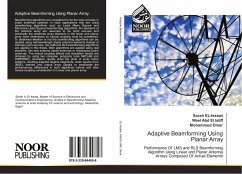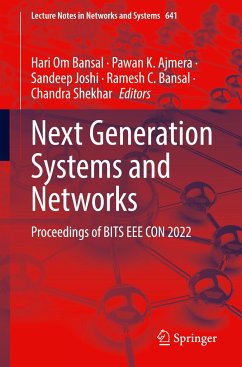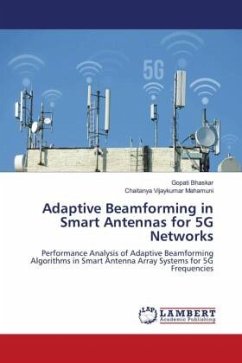
Adaptive Beamforming in Smart Antennas for 5G Networks
Performance Analysis of Adaptive Beamforming Algorithms in Smart Antenna Array Systems for 5G Frequencies
Versandkostenfrei!
Versandfertig in 6-10 Tagen
29,99 €
inkl. MwSt.

PAYBACK Punkte
15 °P sammeln!
To meet the requirements of future wireless networks, there is an increasing demand of smart antennas. These antennas will have widespread applications in the future wireless systems and next generation networks. The ability of smart antennas to respond to the interference in a real-time environment is it's main advantage. Smart antennas enhance the directivity of antenna elements in a desired direction; they are noise resistive and also, yield a better capacity for wireless communication. The Adaptive beamforming algorithms are extensively used in smart antenna systems to steer the major lobe...
To meet the requirements of future wireless networks, there is an increasing demand of smart antennas. These antennas will have widespread applications in the future wireless systems and next generation networks. The ability of smart antennas to respond to the interference in a real-time environment is it's main advantage. Smart antennas enhance the directivity of antenna elements in a desired direction; they are noise resistive and also, yield a better capacity for wireless communication. The Adaptive beamforming algorithms are extensively used in smart antenna systems to steer the major lobe of an antenna element in a desired direction; and place nulls in other directions. 5G systems require smart antennas to increase the system coverage, mobility, and reduce the amount of latency in communication. This book presents an extensive study of Smart Antenna systems for 5G cellular networks, organized systematically. The simulation of the beamforming algorithms namely LMS, SMI, and RLS for 5G frequencies has been carried out using MATLAB simulation software based on real-time antenna parameters. The simulation results are discussed based on which concluding remarks are given.



